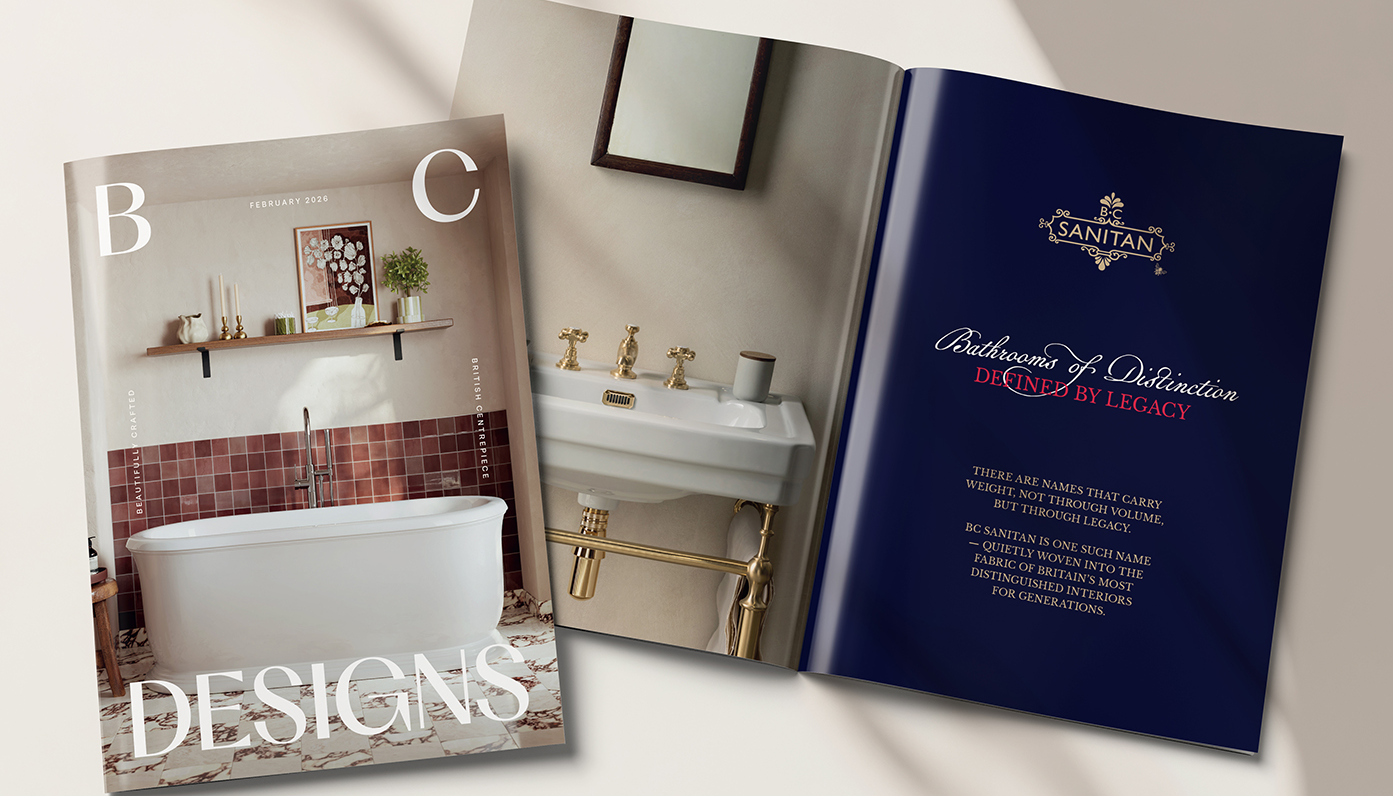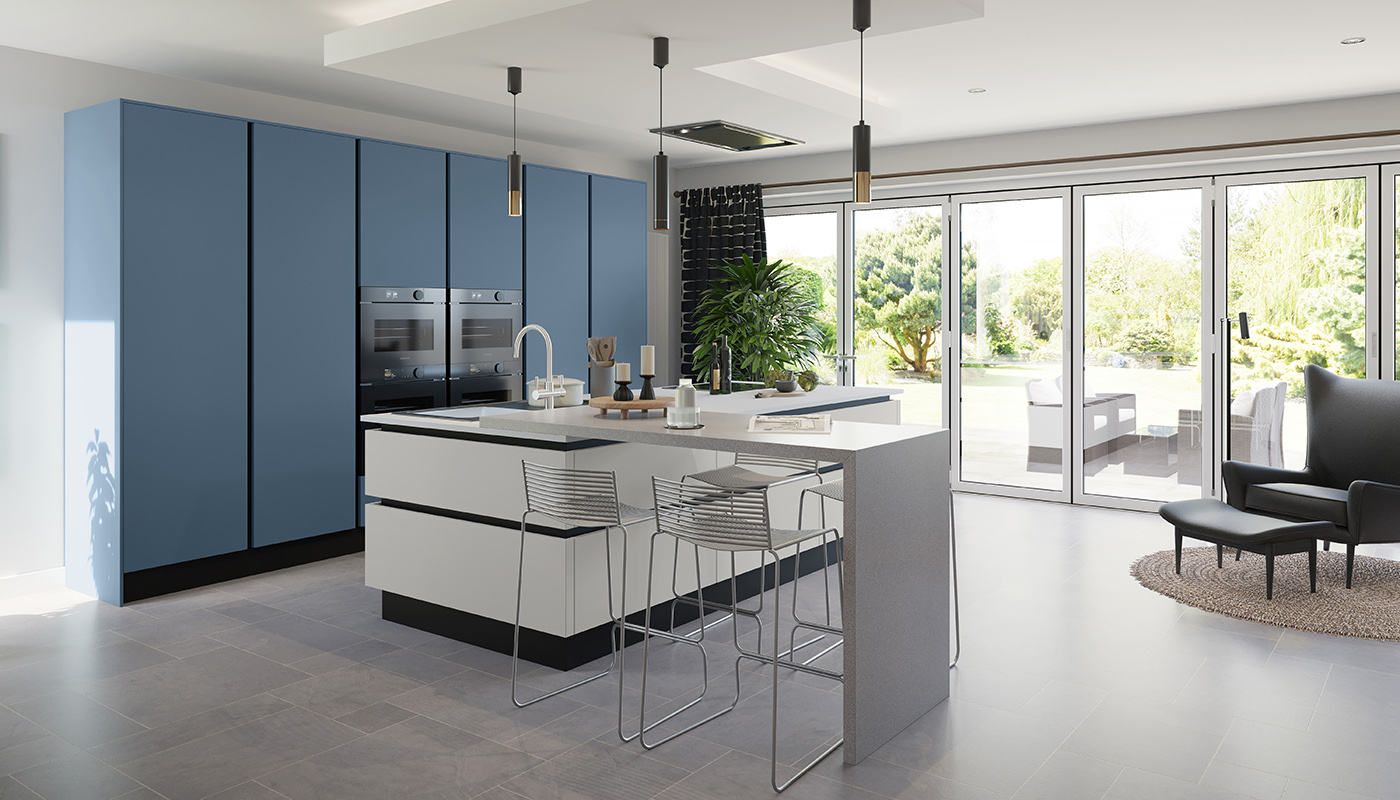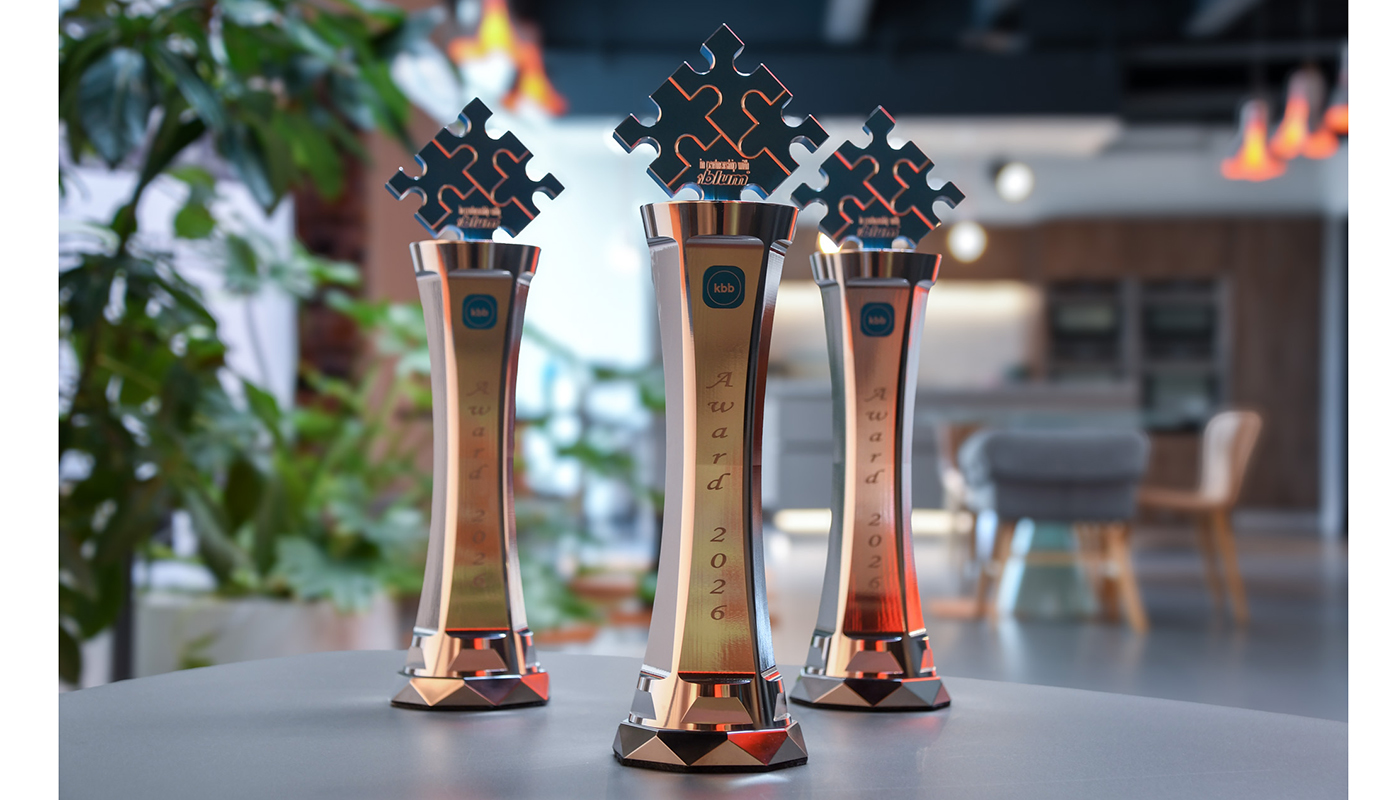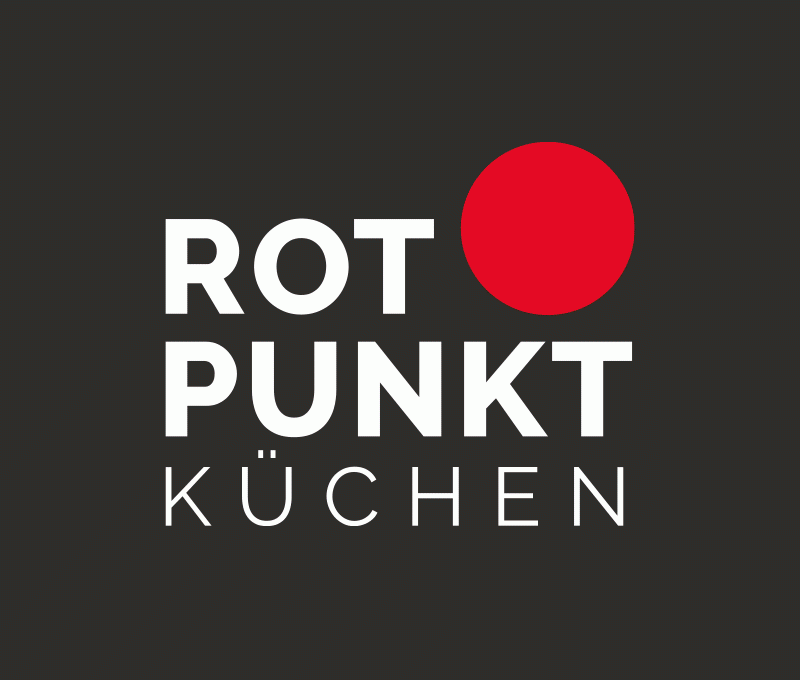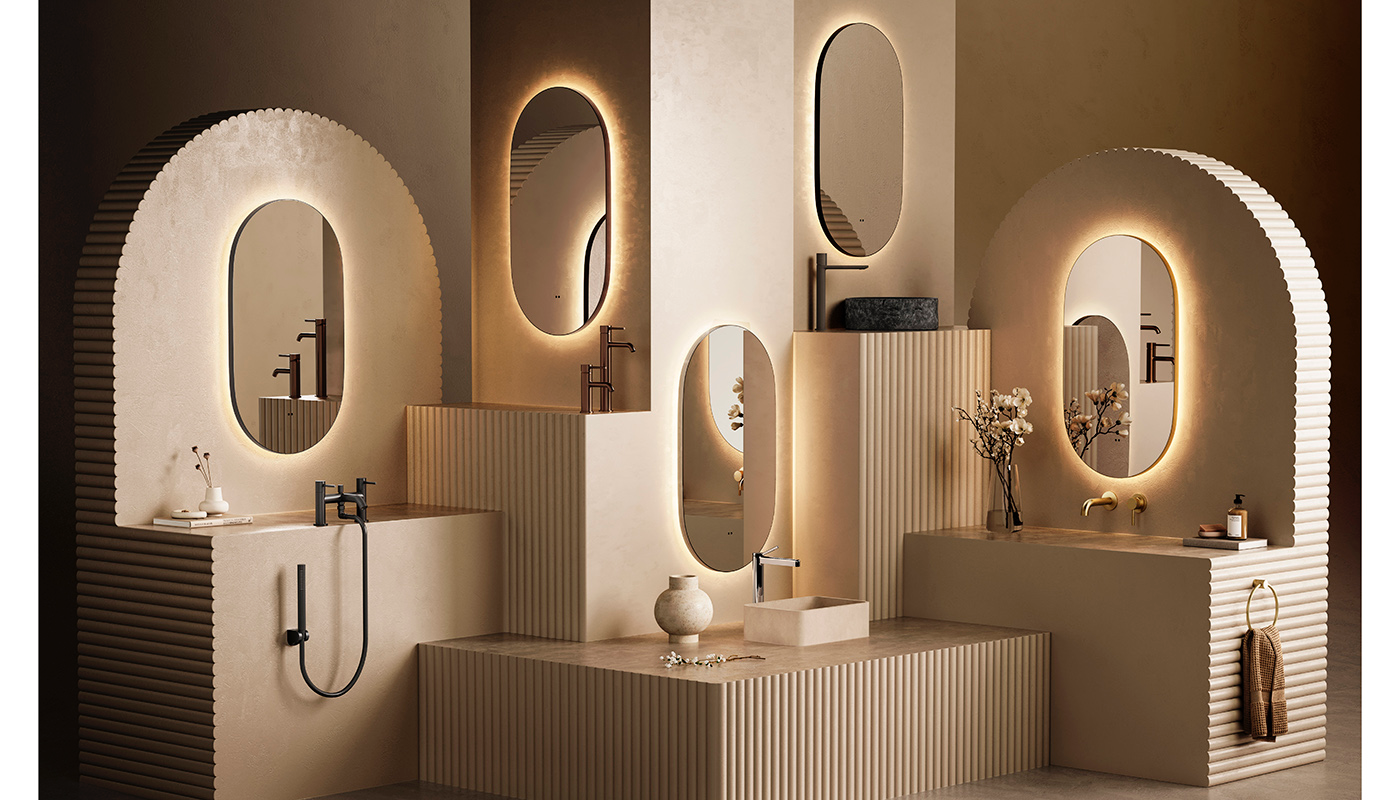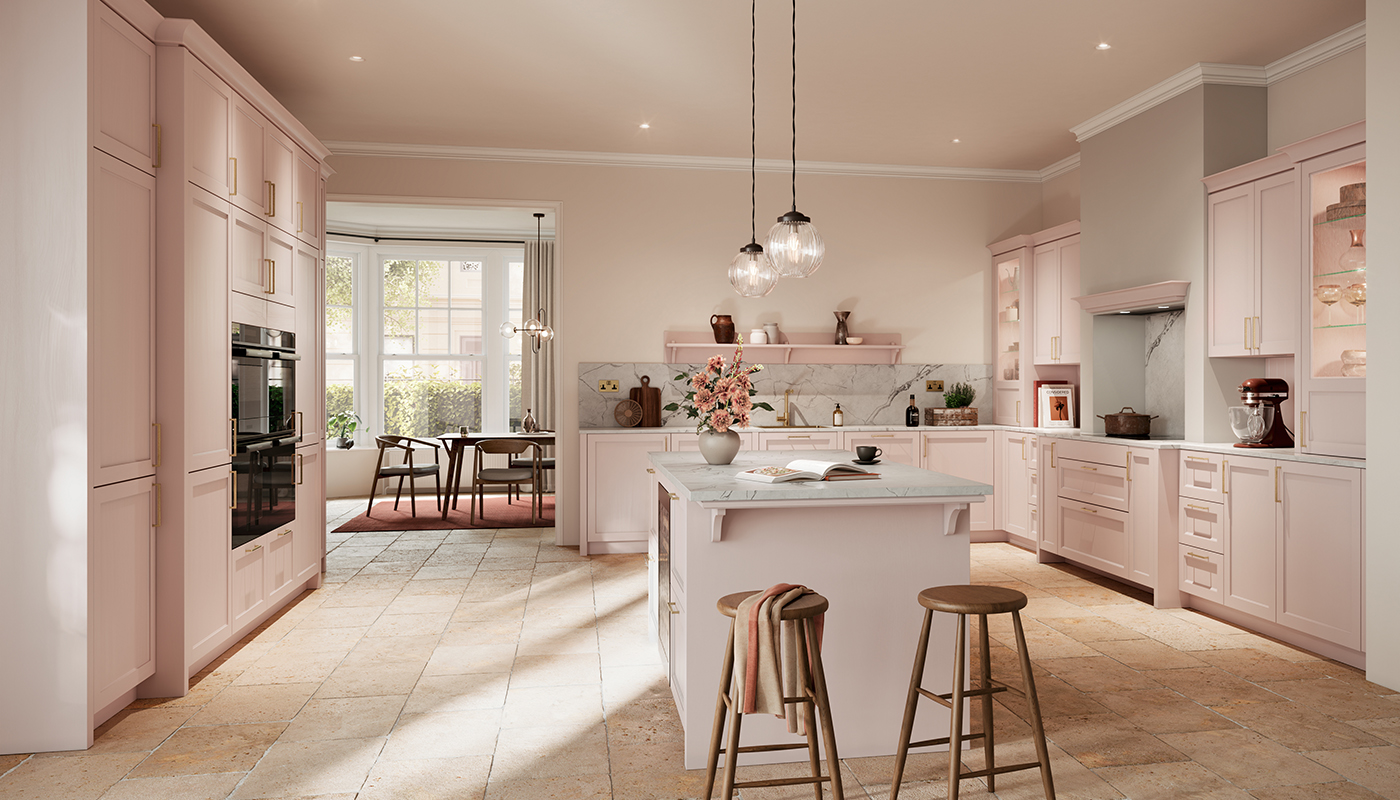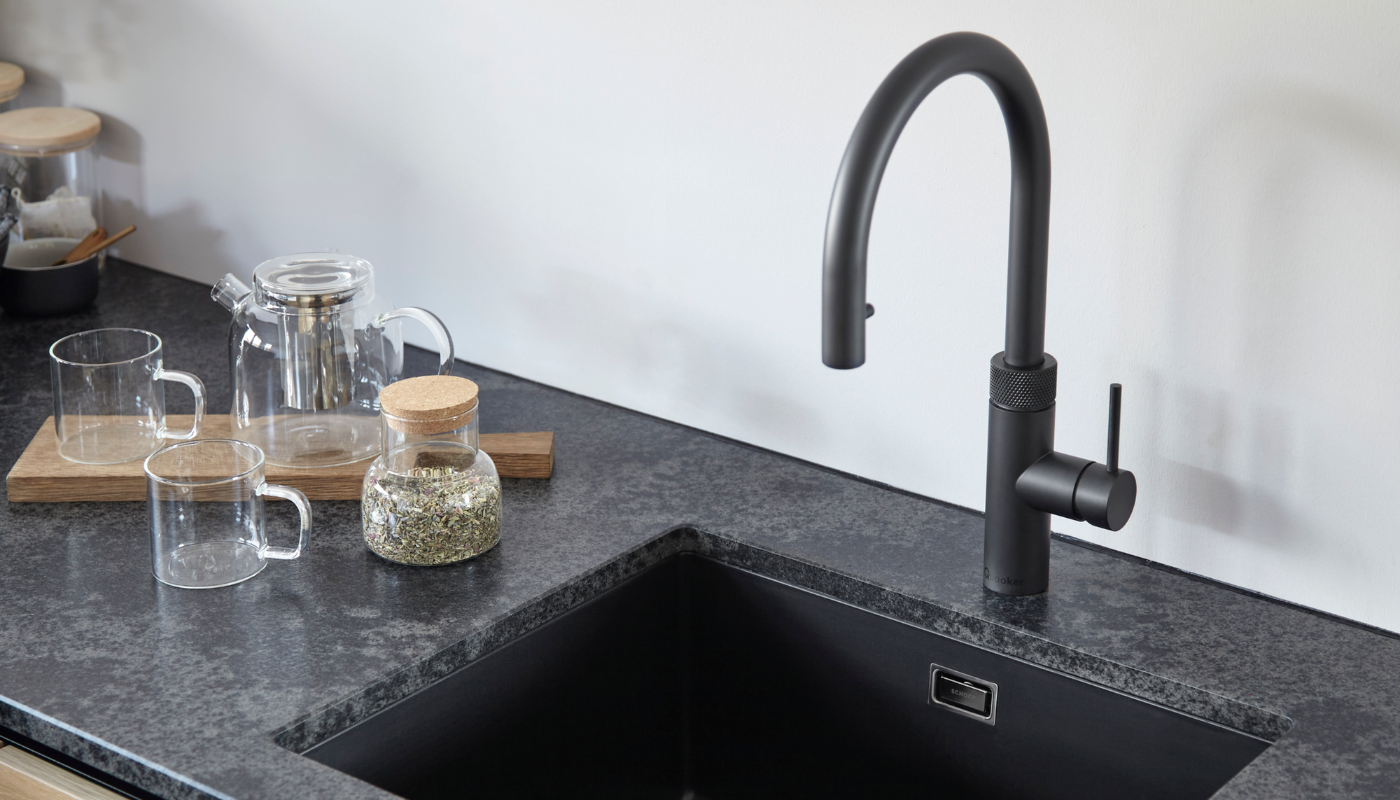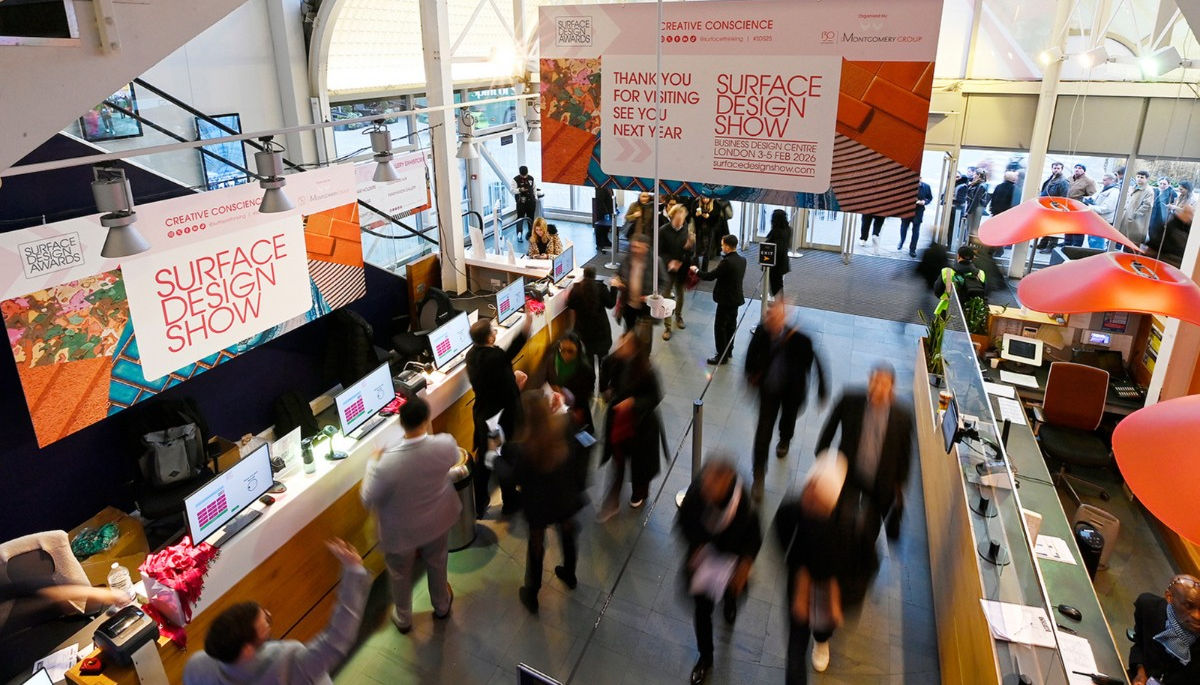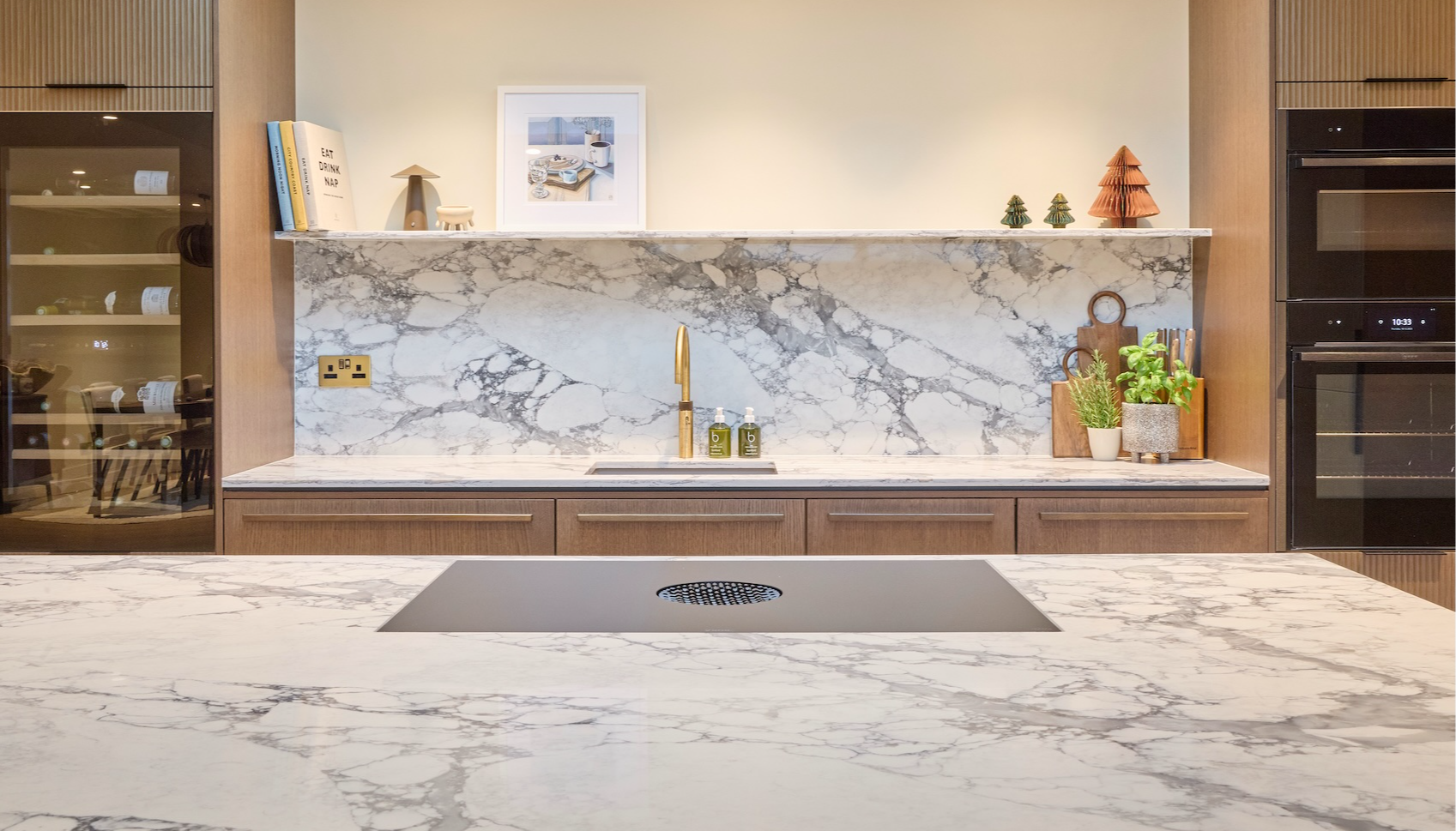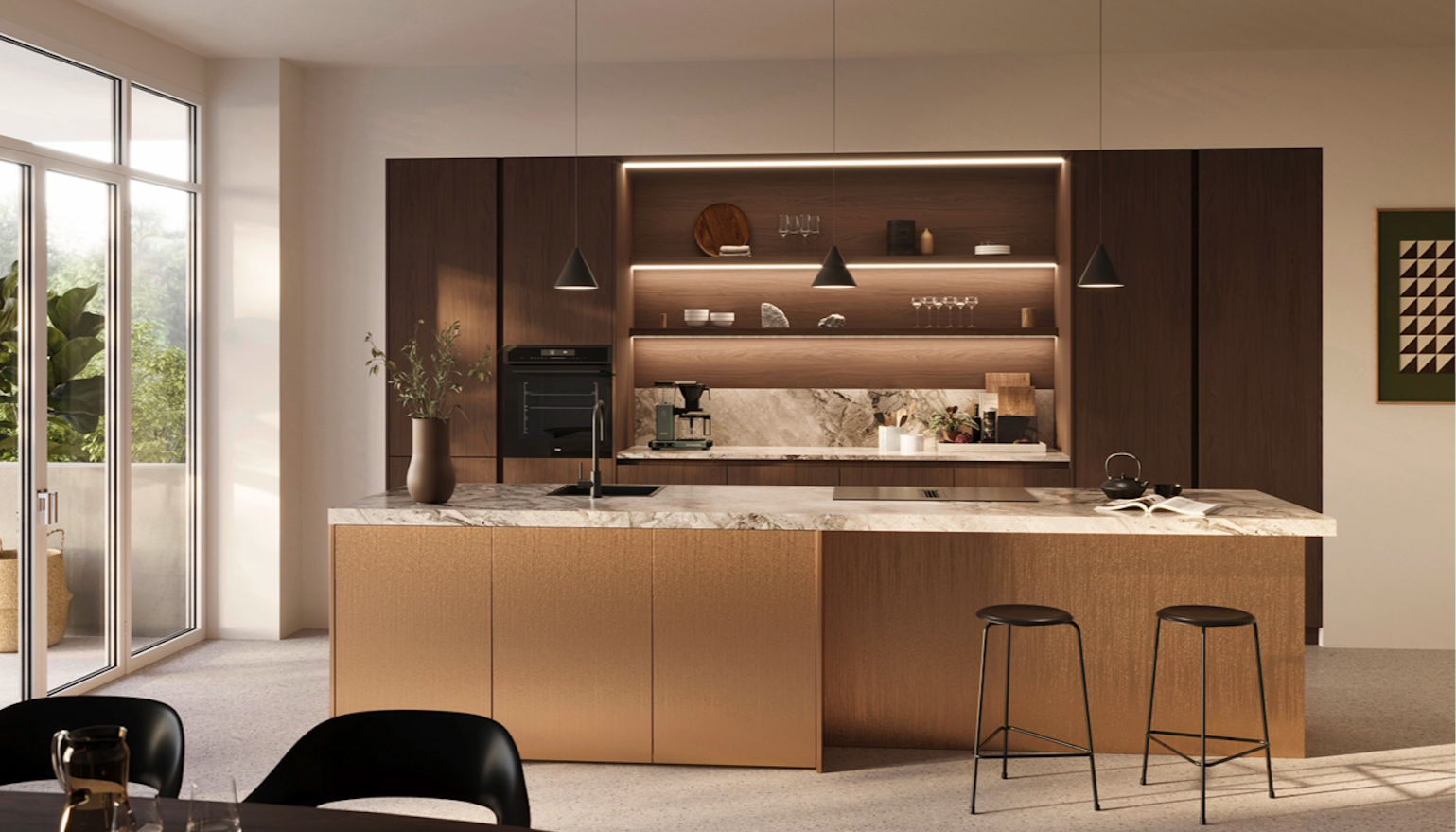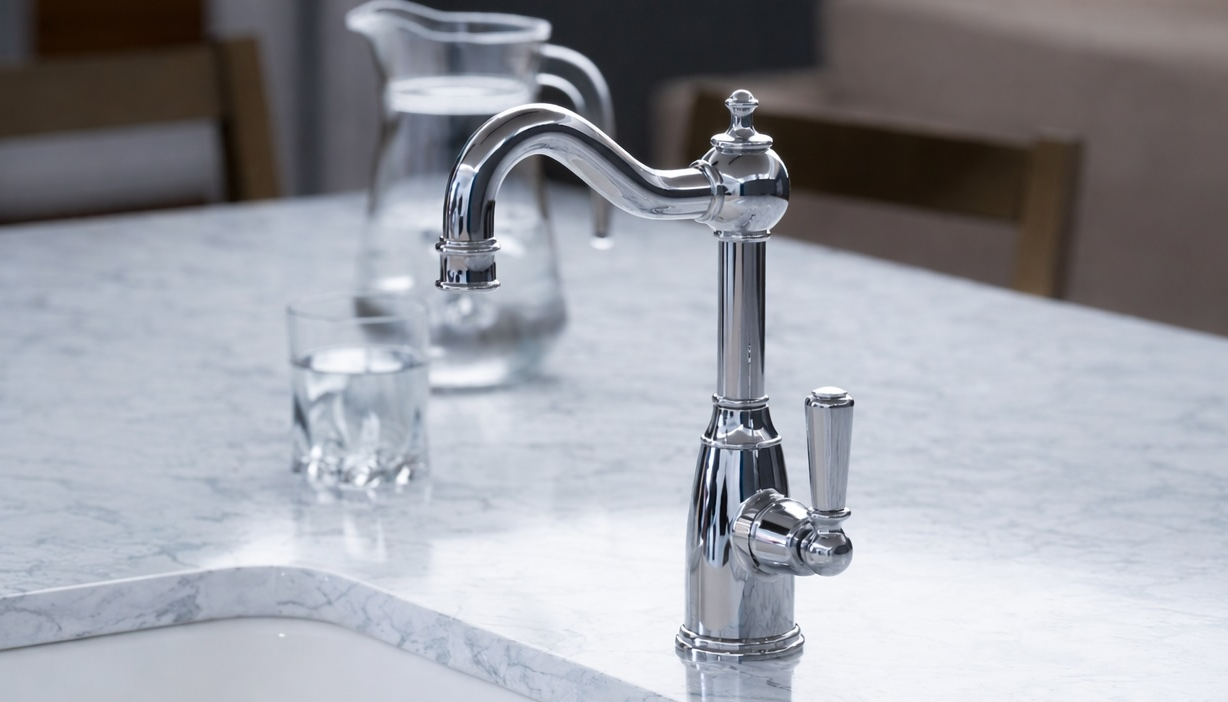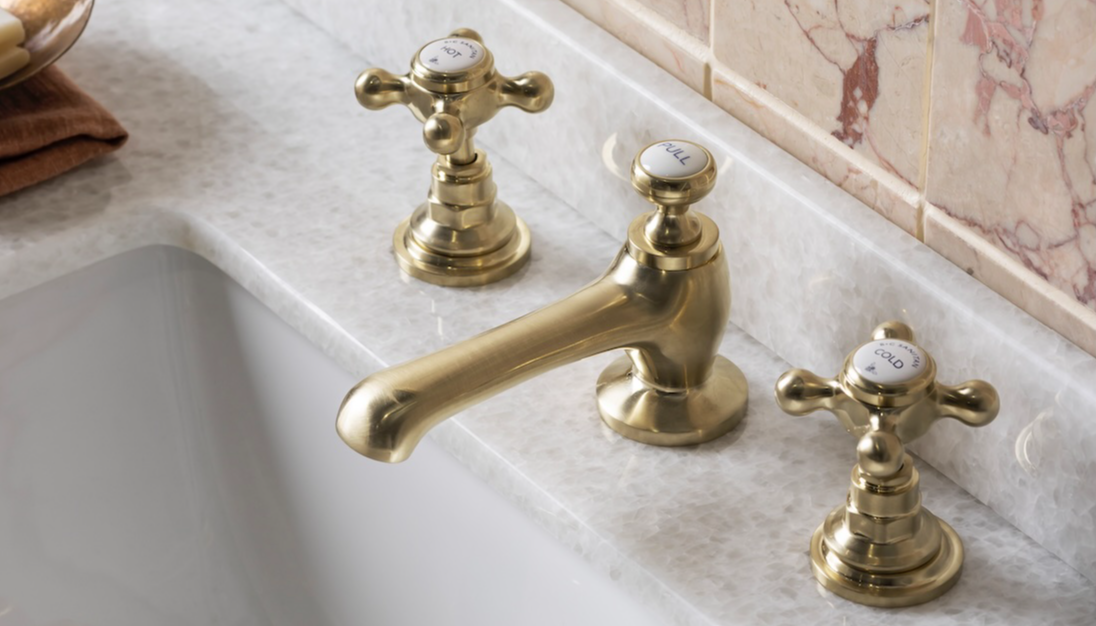Why porcelain kitchen worktops are an increasingly popular choice
Tue 7th May 2024 by Sally Smith
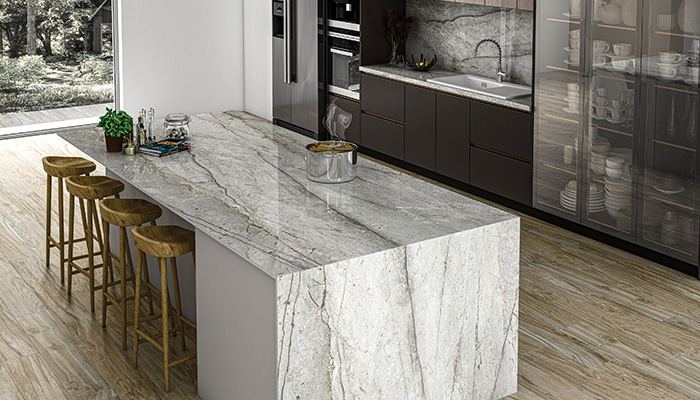
Why porcelain kitchen worktops are an increasingly popular choice
Porcelain worktops are durable, offer beautiful and authentic looking designs thanks to advances in printing and firing techniques, and have impressive sustainability credentials too – Sally Smith investigates.
It’s not surprising that porcelain continues to be a firm favourite with customers. The manufacturing process consistently produces the most stunning but hardwearing kitchen surface designs, and the fact that the use of porcelain also reduces the environmental impact of a project is adding to its appeal.
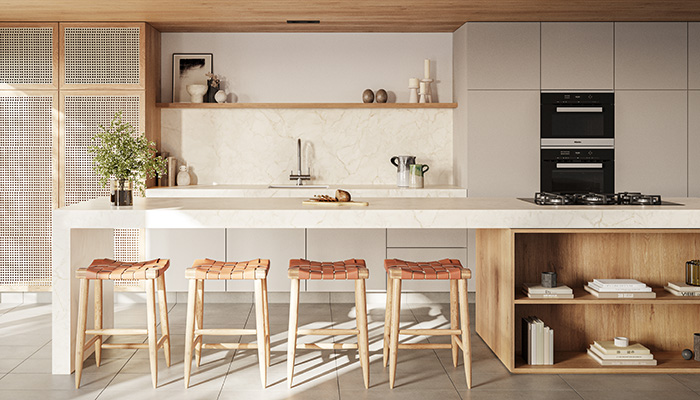
"There has been a noticeable rise in the popularity of porcelain worktops in recent years. Design is a key driver as the manufacturing process of porcelain allows for unparalleled flexibility, enabling the creation of bolder designs and more dramatic colours than ever before. Beautifully combining aesthetic with durability, porcelain ticks all the boxes for quality and versatility with their exceptional durability and longevity," says Jonathan Stanley, VP of marketing at Caesarstone.
With the fabrication safety concerns surrounding quartz in recent years and the high price tag for natural stone, porcelain meets a host of requirements for today's consumer.
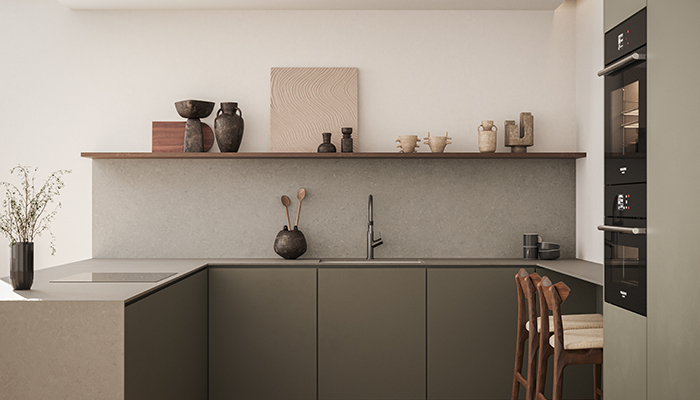
Stanley adds: "Porcelain does offer superior resistance to scratches, stains and heat, requiring minimal upkeep and its non-porous surface makes it inherently hygienic, so it's ideal for kitchens. It’s also worth pointing out to customers because of its high resistance to heat, sunlight and extreme weather conditions, porcelain is also suitable for the latest trend we’ve seen in outdoor kitchens. We are committed to incorporating recycled content into our products wherever possible. We reuse the waste from the first stage of our production process as raw materials and some of our porcelain designs contain up to 20% recycled material."
The use of digital technology throughout the entire manufacturing process has meant there can be total control over the design of these surfaces.
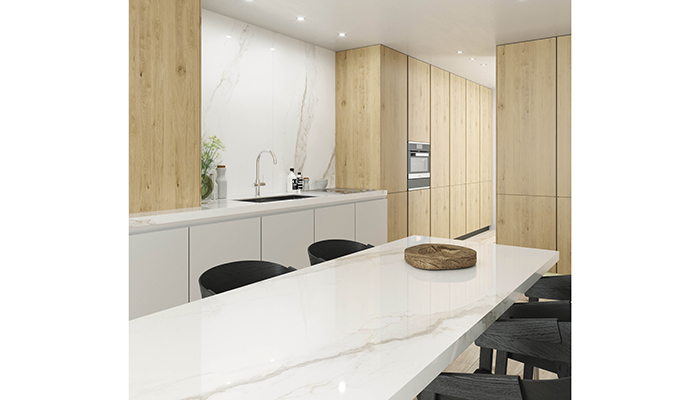
Simon Boocock, MD at CRL Stone, says: "Larsen is an Inalco MDi surface. It is made of natural materials making it one of the most sustainable worktop options available, and recyclable at the end of its life – a big selling point among today’s eco-conscious consumer."
He adds: "MDi surfaces are the perfect synergy between innovation, design and sustainability. The innovative production process, specifically designed to produce MDi, allows us to create a more exclusive and personalised surface for each project, produced under demanding standards of sustainability, recycling, and energy efficiency, as a result of the company's environmental awareness."
In response to the increase in demand, brands are extending their existing ranges bringing fresh new designs to the market.
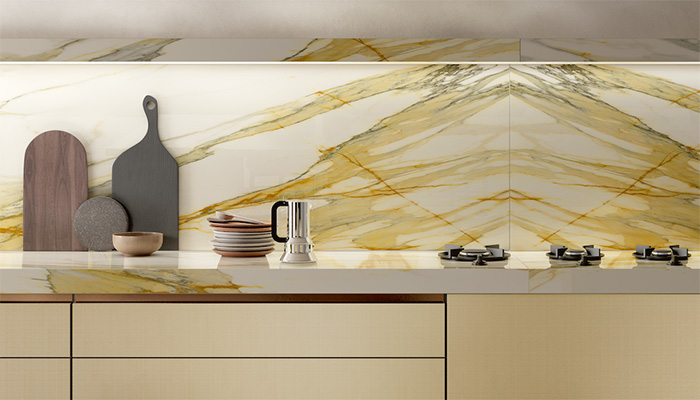
"We have recently introduced 3 new large-format porcelain surfaces to our bestselling Naturali collection; Calacatta Mediceo, Patagonia and Fusion White. Each one has its own inherent beauty and characteristics and is created to complement current design trends and interior décor. Two of the new designs can also be book matched for a symmetrical mirror image on walls or floor," says Gavin Shaw, MD at Laminam.
He adds: "We are constantly increasing the efficiency of our production processes to lower the environmental impact minimising the use of raw materials, energy consumption and waste production."
Choosing a porcelain worktop is definitely a long-term investment and customers can be reassured as these products do offer lifetime warranties
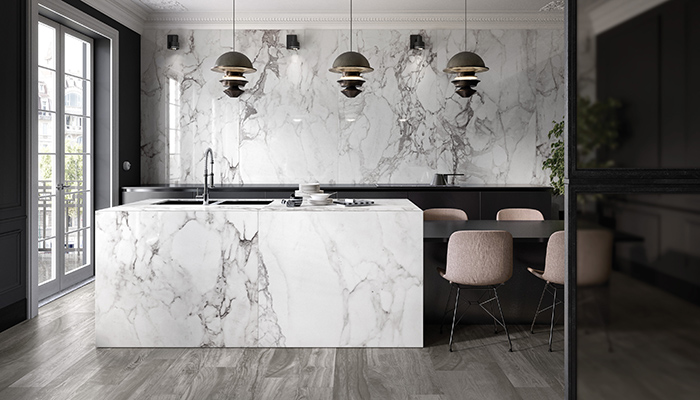
Ben Bryden, sales & marketing director for RAK Ceramics UK, says: "Porcelain worktops are often more affordable than alternatives such as solid natural stone worktops and offer designers flexibility in their design choices as it can be customised to any design. Porcelain offers added benefits, such as resistance to staining and heat as well as a consistency in design to create a seamless finish for customers that are looking for a stand-out feature, perhaps as a splashback or as a complete run on a kitchen island."
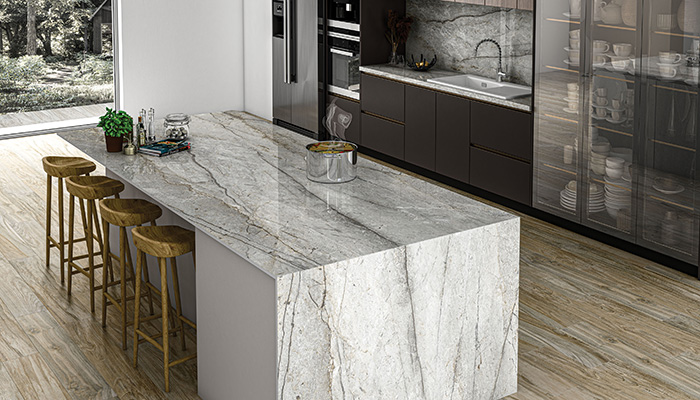
Neolith is made from a process that uses intense pressure and heat to bond materials together and no resins or polymers are required creating a hard, durable and versatile surface.
Ross Stewart, UK senior sales manager for Neolith, says: "Neolith sintered stone is crafted with premium natural raw materials, finer and purer than traditional ceramics or porcelains, and can be recycled at the end of its long lifespan. The machinery used to process the raw materials is different from the other types of surfaces and able to offer a very versatile solution for both interiors and exteriors and a wide range of sizes and thicknesses for many different applications. Sintered stone, ceramic and porcelain are the most hardwearing materials in the worksurface market, but sintered stone actually outperforms the others thanks to its technology and represents the evolution of ceramic and porcelain."
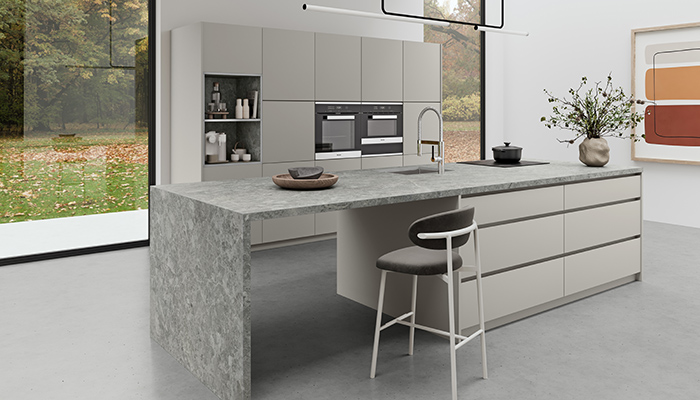
He adds: "We have always been committed to sustainability and as part of this commitment, in 2024 we have a new silica-free product line, completely eliminating crystalline silica from its composition."
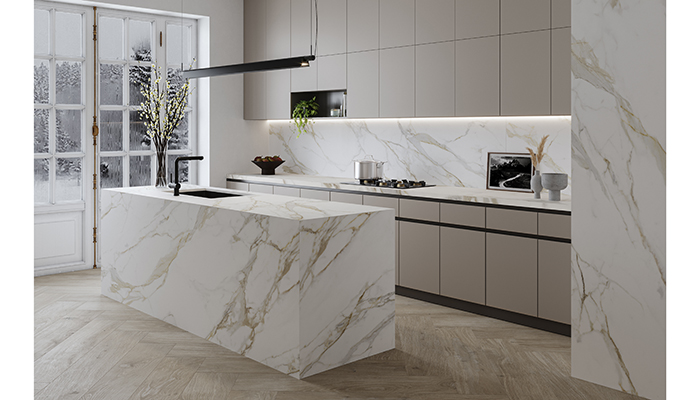
Tags: kitchens, features, porcelain, worktops, surfaces, caesarstone, crl stone, laminam, rak ceramics, neolith






